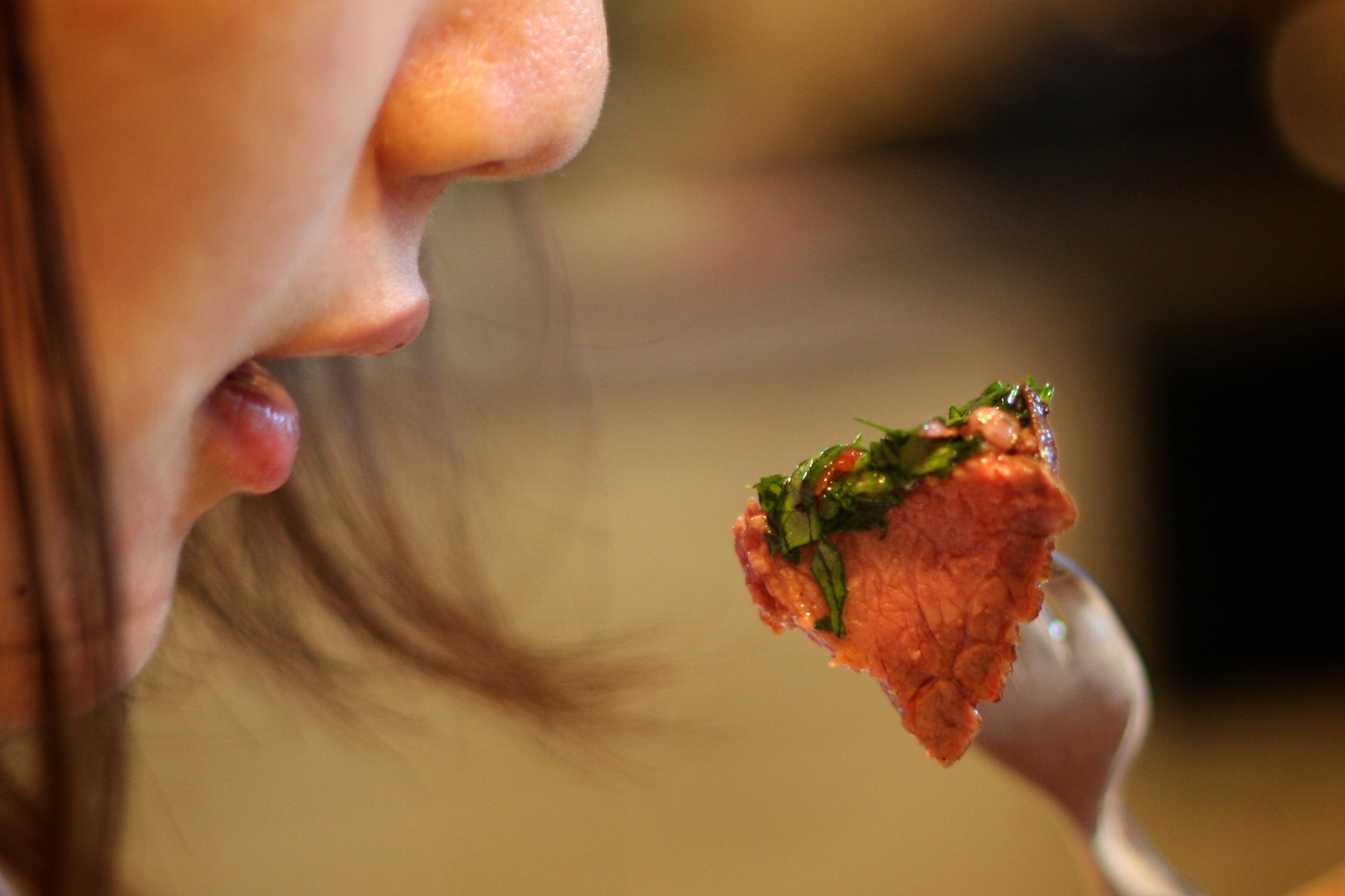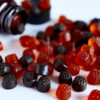“Watch what you eat.” How many times have you heard that before? It’s common knowledge that unhealthy eating habits can lead to health problems such as high blood pressure, high cholesterol, and heart disease. But is that it? Unfortunately, it appears that what we eat may also have an effect on our genes, or, more specifically, their expression.
Gene expression is the process by which proteins are made from information contained within DNA molecules. These proteins carry out essential functions and are crucial for survival and the overall success of organisms. However, like the rest of life’s processes, gene expression is not as simple as one might expect. The expression of genes is regulated by many mechanisms, several of which are categorized under the term “epigenetics“. External factors are known to play a role in gene expression, but the extent to which these factors contribute to gene activation and suppression can vary. Strikingly, it seems that our diet may be one such factor.
Researchers have discovered that the food we eat may affect gene expression. Conducted on yeast cells, the study involved varying the levels of metabolites and observing whether such variation produced changes to gene expression and gene products. The results were that up to 85% of genes and gene products were affected. Although the specific mechanism by which this regulation of gene expression occurs was not the focus of the study, the discovery of the apparently strong correlation between cellular metabolism and gene expression was sufficiently important.
Image Source: Chris Turner
One suggested application of these findings is to use them to better understand the potential damage caused by tumor cells. Specifically, the increased rate of genetic mutations associated with cancer cells could result in genetic mutations that lead to changes in metabolic functioning within the cell. Consequently, changes to the metabolism can lead to further changes to the expression of other genes, which the researchers believe may explain the ineffectiveness of certain drugs in treating cancer. However, these ideas are currently hypothetical, and clear results through future research are needed for such claims to be substantiated.
Ultimately, the results of this study are not necessarily overwhelming. However, the study has encouraged further research into the mechanism by which certain foods may affect gene expression, which can have massive implications. The researchers argue that their findings may even be used to fix the flaws of laboratory procedures in many research labs. They believe that a lot of research results are indirectly altered as a result of the changes to metabolism that in turn affect gene expression in the organisms of interest. As a result, modifying specific procedures in order to avoid these metabolic changes would minimize the effects of extraneous variables.
Feature Image Source: Eat! by Joshua Rappeneker










